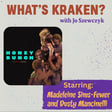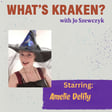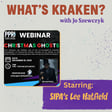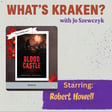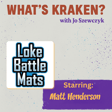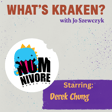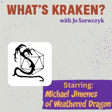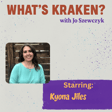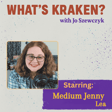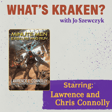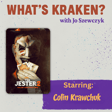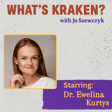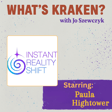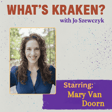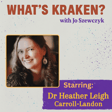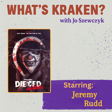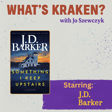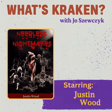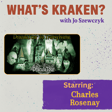
Dr. Randy Overbeck on Haunted Mysteries & Hidden History | What’s Kraken
Dr. Jo sits down with award-winning author and lifelong educator Dr. Randy Overbeck to talk about his chilling and thought-provoking Haunted Shores Mystery Series. These aren’t your average ghost stories—each novel dives into real societal issues like racial injustice, human trafficking, migrant abuse, and Missing & Murdered Indigenous Women (MMIW), all wrapped in meticulously researched, historically-set mysteries.
They dig into how a background in education shapes narrative depth, why setting a book in 1998 means saying goodbye to Google, and how a haunted athletic office kickstarts a story of justice from beyond the grave. Plus: why authenticity matters, how his characters evolve across books, and how his five-year-old character with ghost sight ups the emotional ante.
This one is for the mystery lovers, the educators, the history nerds, and the folks who believe fiction can shine a flashlight on the things we try to forget.
📘 Randy’s books & podcast: authorrandyoverbeck.com
📖 Get Red Shadows at Saugatuck on Amazon: https://amzn.to/3IJyQfR
📲 All our links + more: https://linktr.ee/Emptyhell
🛒 We are Amazon Affiliates! If you click this link and buy, we may earn a commission. Thanks for keeping the ghosts well-fed and the podcast alive.
